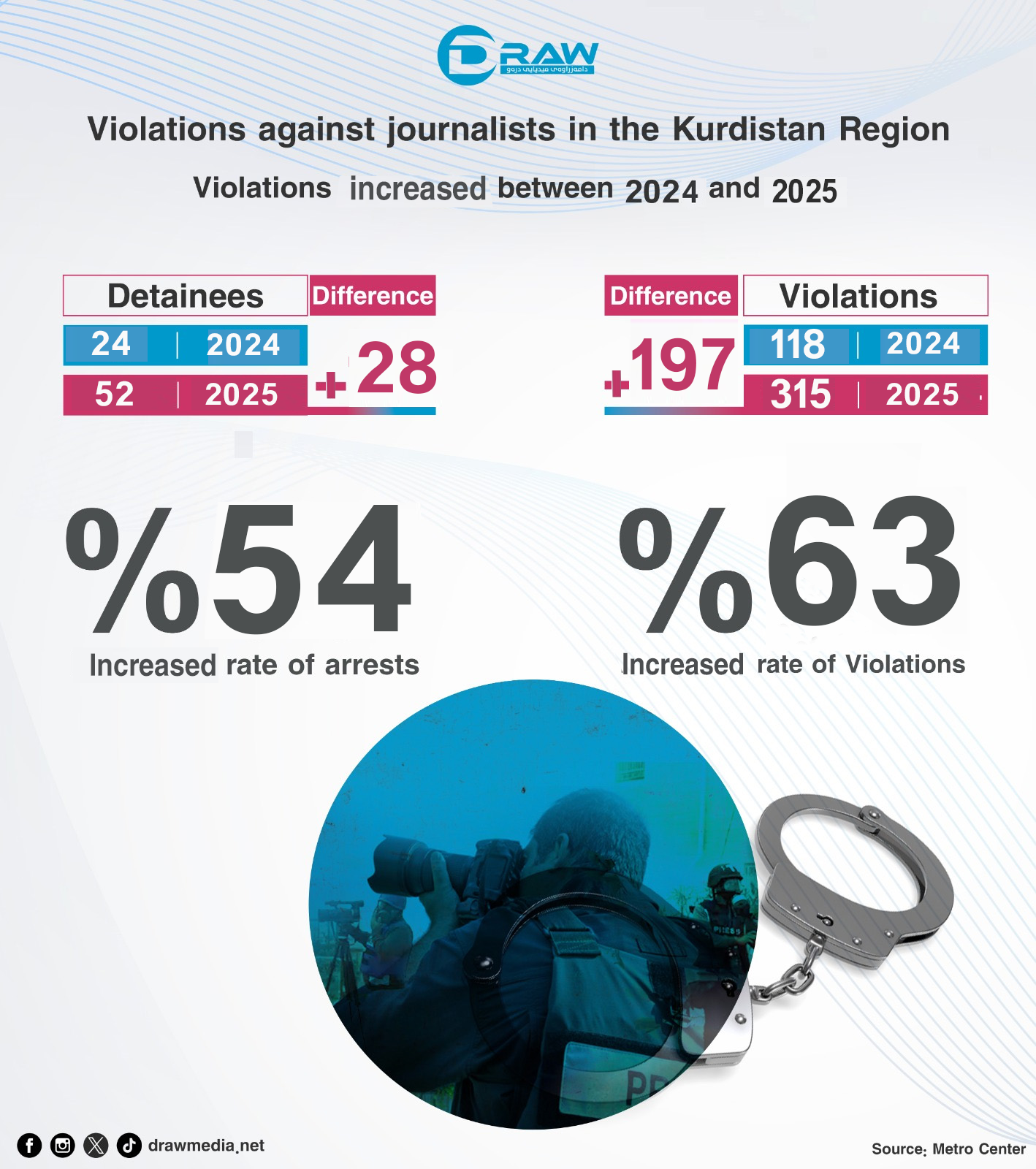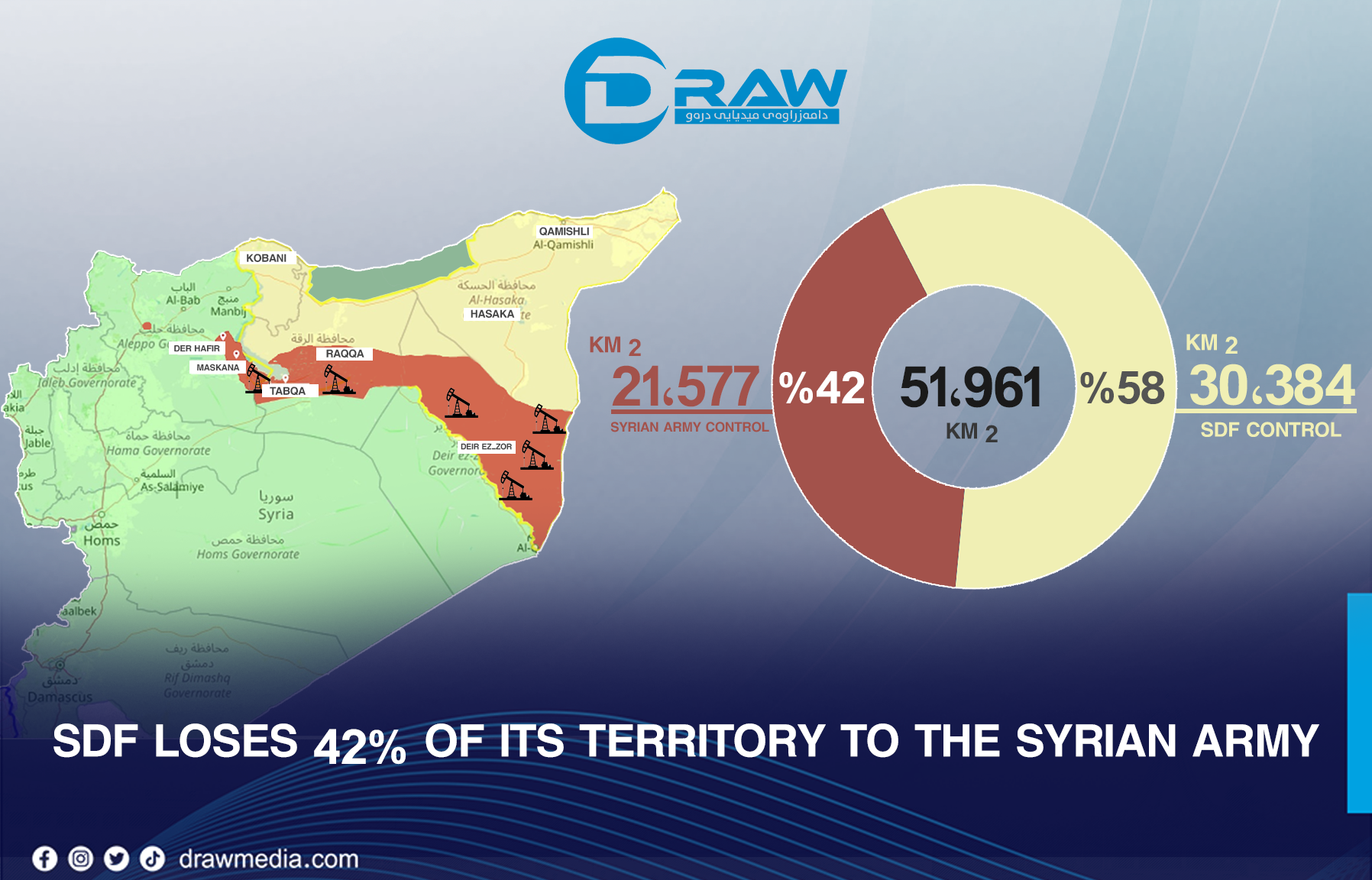Why Iraqi Kurds Are Fleeing Their Peaceful Homeland
.jpg)
2021-11-19 07:15:27
draw:
The situation on the Belarus-Poland border is terrible. But that hasn’t stopped migrants from one of the more stable parts of the Mideast from trying their luck.
For many Americans and Europeans, news that thousands of Iraqi Kurds are among the refugees stranded on the border between Belarus and Poland might have come as a surprise. After all, the Kurdish region of Iraq was supposed to be the one part of that blighted country that had, with substantial Western assistance, escaped the wider tragedy that has played out since the U.S.-led invasion in 2003.
That many Iraqi Kurds are now seeking instead to escape from the region shows the extent to which hopes for economic and political opportunity in the post-Saddam Hussein era have evaporated.
Things had seemed headed in a different direction. In the years after the U.S. invasion, while the central and southern portions of Iraq descended into sectarian bloodletting, the northern provinces under the autonomous Kurdistan Regional Government experienced an economic boom. Blessed with oil wealth, boasting a predictable political environment that was largely free of violence, the region drew investors from around the world. Hotels, malls and residential towers went up in double-quick time, earning Kurdish cities comparisons with Dubai. More democratic progress seemed in the offing.
The contrast with the rest of the country came into even sharper relief in 2014, when the Islamic State stormed into Iraq. As Iraqi military units in the heart of the country crumpled under the onslaught, Kurdish forces, backed by American air power, repelled the terrorists from the gates of Erbil, the Kurdish regional capital.
Stable and secure, the Kurds has remained insulated from the calamities that turned millions of their neighbors elsewhere in Iraq and across the border in war-ravaged Syria and sanctions-stifled Iran into refugees. Indeed, the Iraqi Kurdistan became host to those fleeing violence next door.
On the surface, not a great deal has changed. Iraqi Kurdistan remains relatively peaceful, by the admittedly low standards of its neighborhood. The economic outlook from Erbil isn’t nearly as bleak as from Baghdad, much less from Damascus or Tehran. As refugees en route to Europe exchange stories about the horrors they have escaped, the Iraqi Kurds aren’t likely to get much sympathy from, say, their Afghan and Syrian peers.
But if they aren’t fleeing a Taliban-like oppressor or a genocidal dictator like Bashar al-Assad, the Iraqi Kurds are frustrated by the failure of their leaders to redeem the promise of 2003. The economy, overdependent on oil exports, never recovered from the fall of crude prices in 2014. It is too soon to tell if the recent rebound will last long enough to change the outlook. Unemployment has forced many Kurds to leave cities and turn to agriculture.
The democratic dividend, meanwhile, has been paltry. In the absence of political reform, a duopoly of clans dominates political life. The government in Erbil has grown more authoritarian, jailing dissenters and muzzling the media. Anti-government protests late last year didn’t make a dent in endemic corruption.




.jpg)


.jpg)
